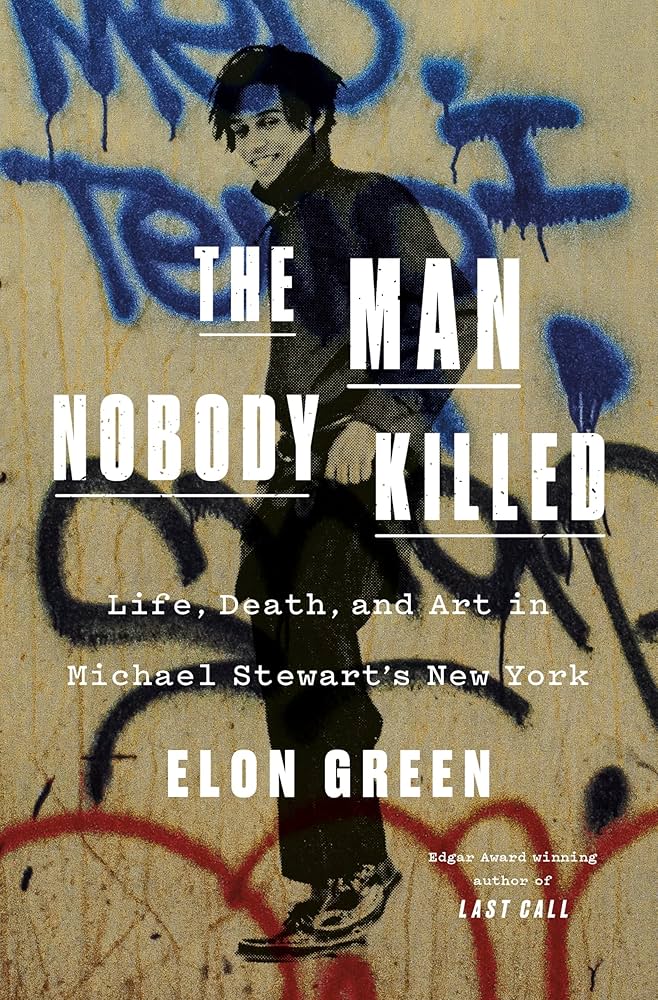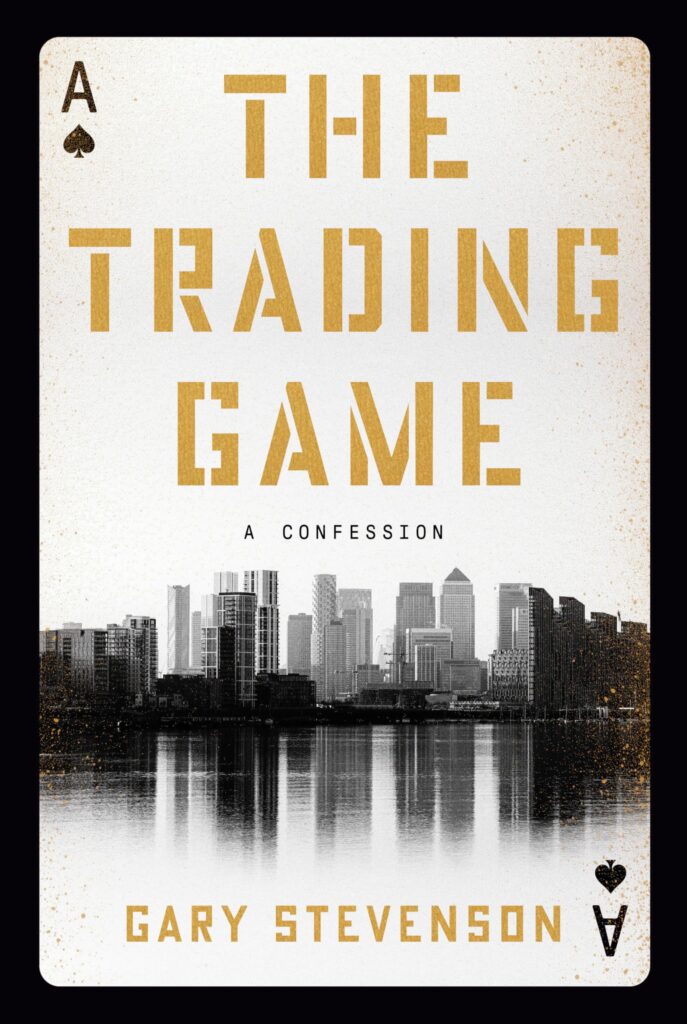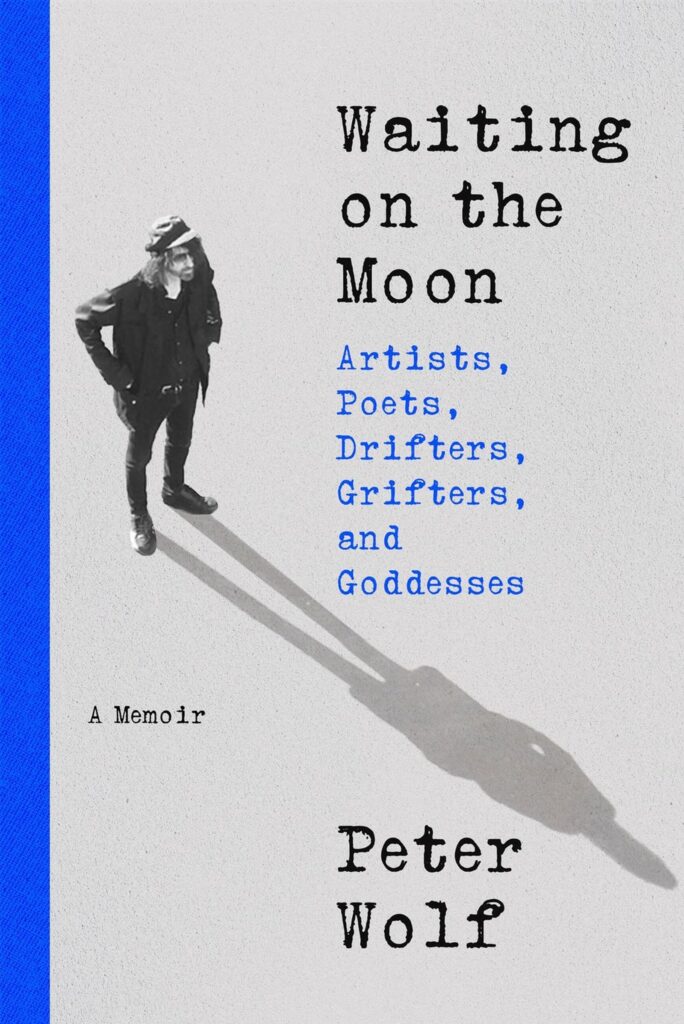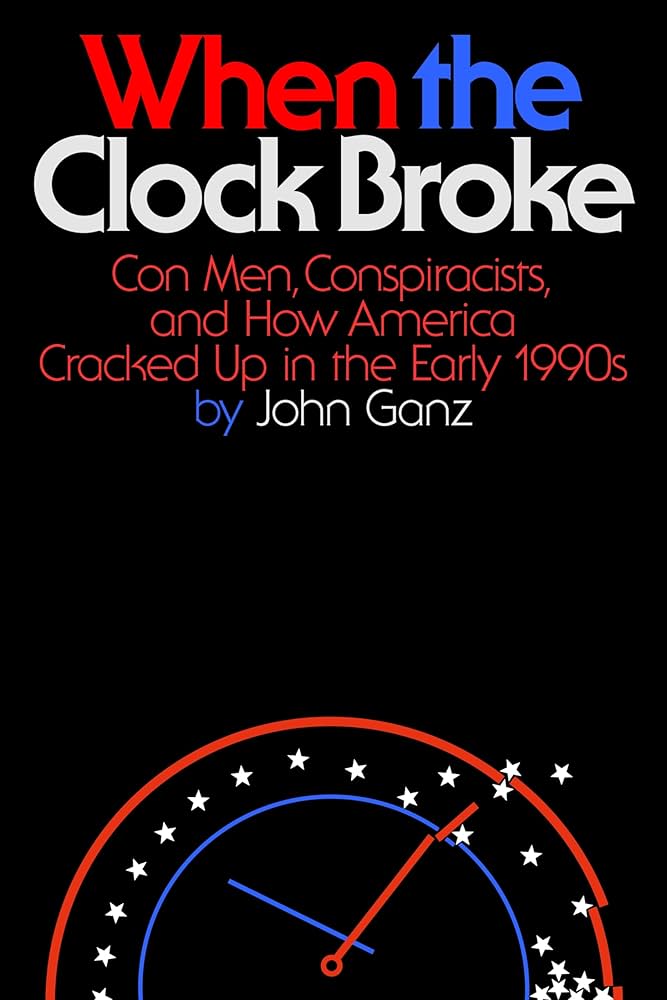I spent several weeks in Israel in 2007, thanks to an abundance of travel miles and a diplomat friend stationed in Tel Aviv. It was eye-opening and upsetting. I traveled around the country and into Jordan, I talked to a lot of people, and I gained perspective that I don’t think is available any other way. It helped that I was a white Canadian guy with no religious affiliation.
That’s not to say I know anything about the region. I’m an idiot, that’s why I read books. A Day in the Life of Abed Salama brought me right back to that trip. Nathan Thrall has accomplished something incredible with this book.
A Day in the Life of Abed Salama was published the same week that the October 7 atrocity happened, and it provides insight into the history of the region and the tensions leading up to the event.
The book starts with a horrible collision on a highway: a bus full of schoolchildren has collided with a tractor-trailer and caught fire. Abed’s son is on the bus, and he rushes to the scene amid confusion, traffic jams, and conflicting news updates.
Thrall uses this moment as a lens, and through it he tells the history of the Israel/Palestine conflict. He tells the story of several key characters including Abed, the drivers of both the bus and the truck, and a couple of those who have rushed to the scene.
Note the lack of the word ‘accident’ in both the book’s title and this piece so far. In this interview with Masha Gessen in LitHub, Thrall describes that deliberate decision:
…the entire set of circumstances that happened on this day were the predictable outcome of an entire apparatus that put a wall around this community; the total neglect of the tens of thousands of people who live in it; a partition of the West Bank into Areas A, B, and C not allowing the Palestinian Authority to come onto the road where the accident took place, but at the same time Israel not caring at all about what happens on this road.
Thrall writes with empathy and detail about the life of Abed and others, but also reveals the history of Israel’s leadership as focused on the goal of claiming as much territory with as few Palestinians in it as possible. So many of the conflicts in the region, as seen through Thrall’s eyes, are basically inevitable.
Here’s a recent interview in the Guardian that provides a bit of an epilogue to the story. Thrall discusses how things have been for Abed since the October 7 attack, the world’s reaction to it, and his own lack of surprise at the actions of Israel since:
At the time, you were also predicting that Israel would flatten Gaza to prove that this won’t happen again. Has the scale and brutality of that response surprised even you?
I have to say: no. The moment that we saw that Palestinians had crossed the border from Gaza, which was just an unthinkable occurrence for Israelis, it was clear we were going to see a war on a different scale. One Israeli I know who had served in the military said to me: “We’ll be lucky if there are fewer than 50,000 dead at the end of this.”
The book is unquestionably critical of the leadership of Israel over the years, and the support it has received from other powerful governments. I’ve seen the settlements, passed through several checkpoints and talked to residents from both groups, and it’s hard to see how else to see it.
If the history of the region is interesting to you, I can recommend Rise and Kill First – a history of Israel’s targeted assassinations throughout its existence. It’s a lot more in-the-weeds than this, but it’s just as illuminating.






